Indonesia and the Muslim World: Islam and Secularism in the Foreign Policy of Soeharto and Beyond
by NIAS2007, 238 pp, 15x23 cm
Popular hostility and official ambivalence in Indonesia to the United States-led "War on Terror" seem easily understandable in the world’s largest Muslim country. But this kind of analysis misses the complexity of Indonesia and the host of internal differences behind this opposition. Military and bureaucratic elites since independence have worked to create a more secular nationalist Indonesian identity out of a multi-ethnic/religious mix, often provoking religious opposition. This dynamic (found also in Turkey, for instance) has especially shaped Indonesia’s encounter with and view of the outside world—and not least its reaction to events affecting the Muslim world.
In this short study, the author explores Islam as a domestic political variable in Indonesia’s foreign policy since independence. Here, Anak Agung Banyu Perwita argues that increasingly Indonesia’s foreign policy toward the Muslim world has become based on domestic political struggles. In support of his argument, the author mainly draws on material from the period when President Soeharto’s New Order regime ruled Indonesia but brings in more recent material from the post-Soeharto era to demonstate how Indonesian foreign policy is still shaped by the same forces today.
Containing a wealth of information on the role of Islam in Indonesia’s foreign policy, this book is essential reading for anyone seeking to understand how the world’s largest Muslim country is reacting to the international challenges of the modern world.
About the Auther
is senior lecturer at the Department of International Relations, Parahyangan Catholic University, in Bandung, Indonesia, and currently is Vice Rector for Relations and Cooperation at the same university.
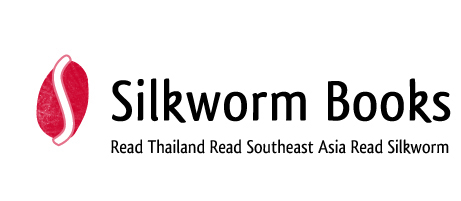
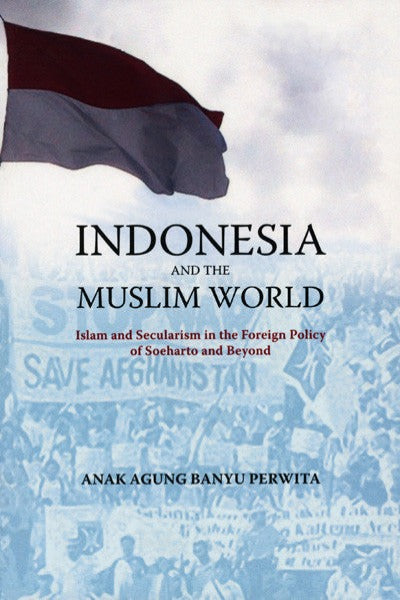
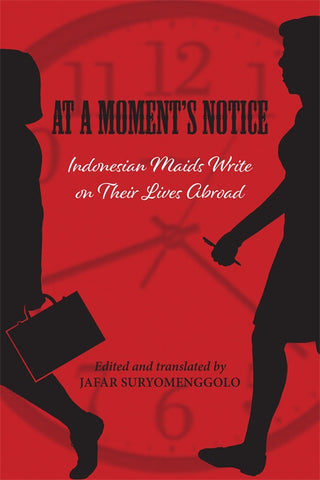
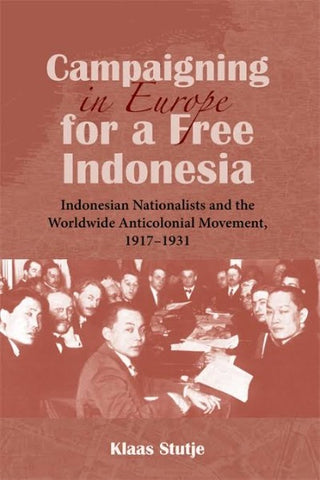
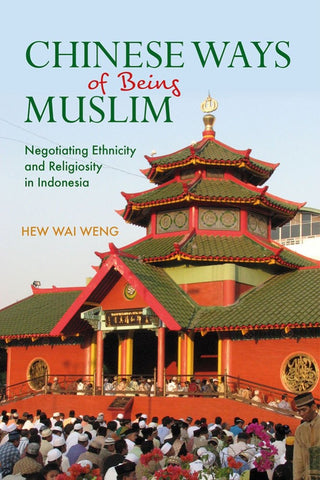
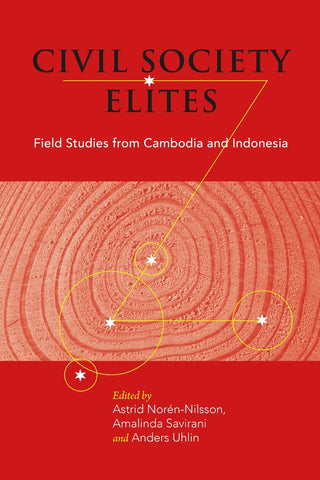
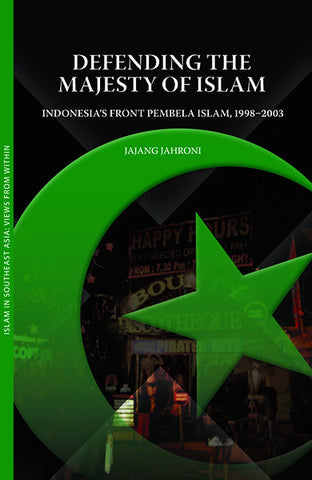
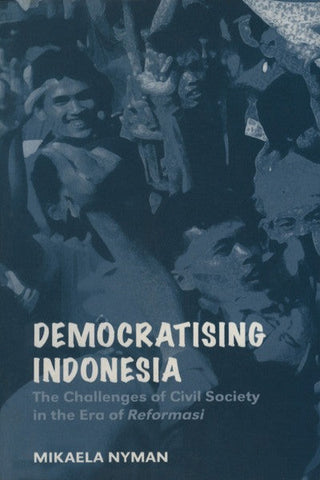
Share this item: